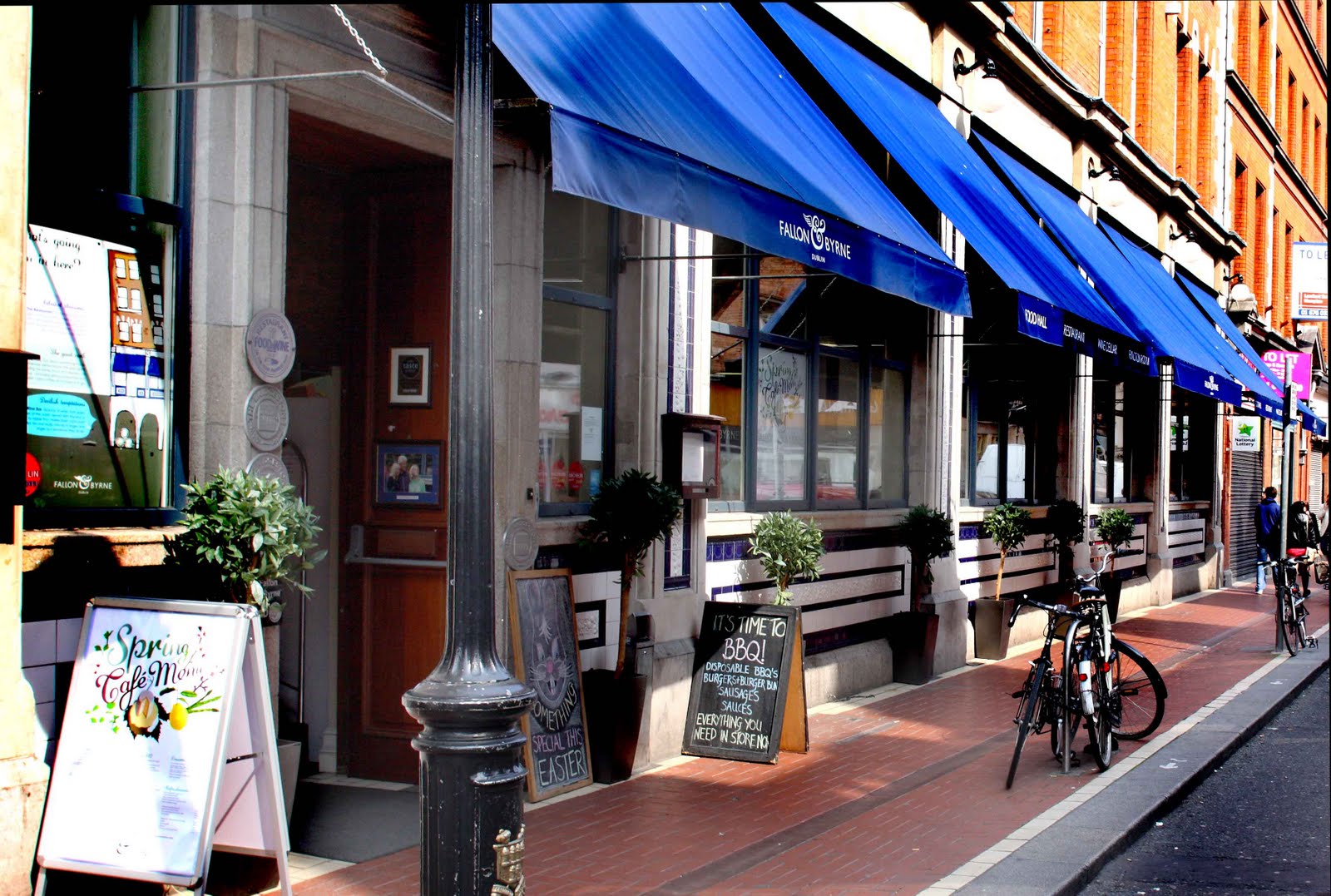In late 2005 Fiona McHugh gave Irish Times food critic Catherine Cleary a behind the scenes view of her vision for Fallon & Byrne, located in an old Victorian era telephone exchange from 11 to 17 Exchequer Street. In a vast empty building covered in dust she shared her “love, passion and dreams”. McHugh, a former editor of The Sunday Times in Ireland, was preparing to plough everything into a Manhattan-style food store, cafe and restaurant modelled on Dean & Deluca in SoHo. McHugh and her husband Paul Byrne, a developer, had often fantasised about creating a similar retail and…
Cancel at any time. Are you already a member? Log in here.
Want to continue reading?
Introductory offer: Sign up today and pay €200 for an annual membership, a saving of €50.

